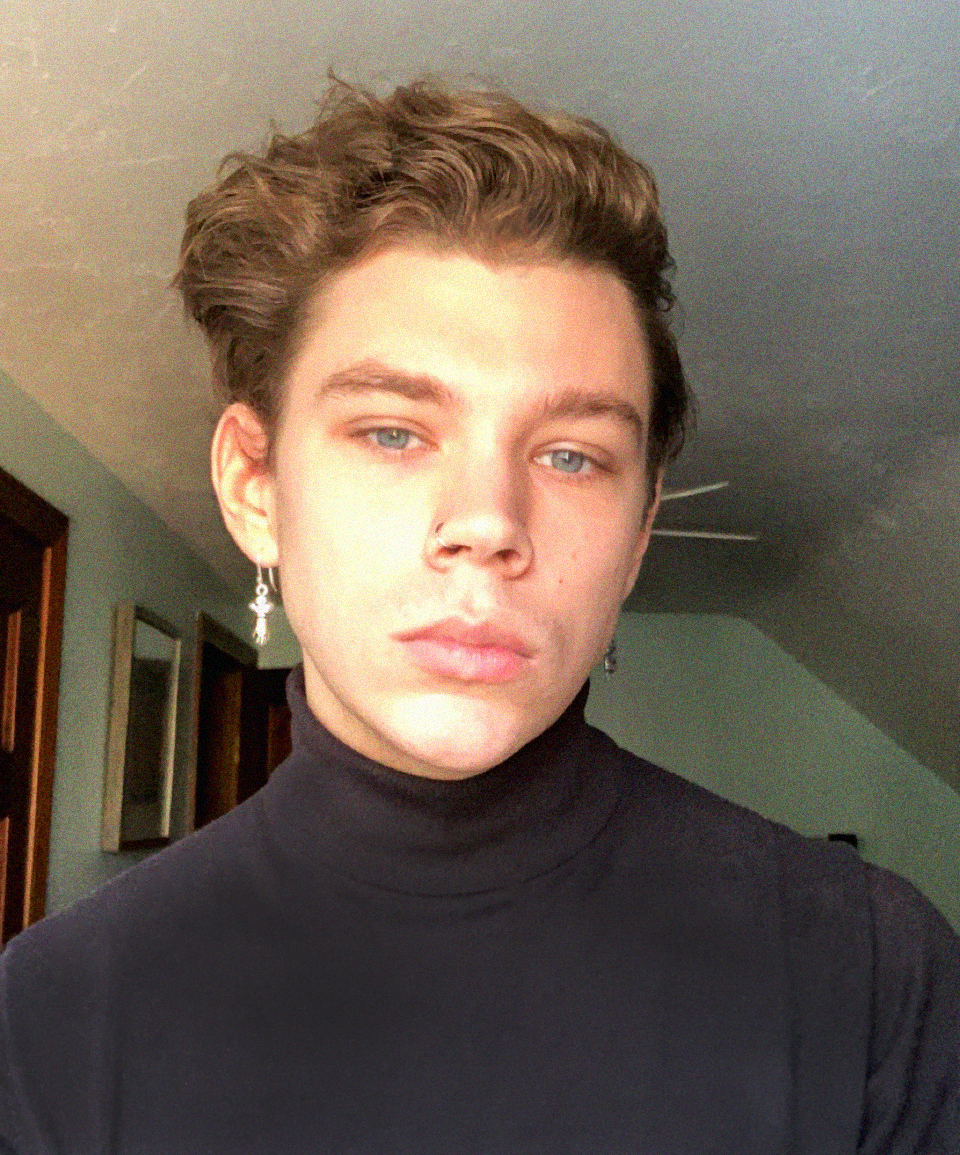

From the age of 5, Luisa Rubino has dabbled in the game of acting. But as of recently, she has embarked on her biggest and most ambitious project yet, narrating and acting in the third and final season of the cult-favorite Narcos. As a Mexican actor, this is Rubino’s first role in an American production, but the subject material is something she finds to be important and essential to tell the story of.
Rubino, alongside narrating the show, plays the role of Andrea Nuñez, an ambitious, young and passionate journalist on the search for truth and justice. Working for the Tijuana-based newspaper La Voz, Nuñez is constantly on the pursuit of exposing organized crime, drug trafficking and political corruption.
Rubino sat down and talked with GRAZIA on iconic Mexican women journalists who paved the way for this role, as well as the importance of telling the story of Narcos and making it known to the world at large.
JS: How does it feel to join the legacy of such a well-known and well-renowned show like “Narcos?”
LR: It’s all amazing. I was the new one in the family and they all received me so well, they were all so supportive with their arms wide open. I learned so many things and I worked with so many amazing people, amazing actors and amazing directors, really a huge step in my career and in my life as an actress.
JS: What are the main differences you noticed in working for the Mexican entertainment industry versus the American entertainment industry? Were there any challenges?
LR: Narcos was my first time in the American industry. I had to work with a vocal coach in order to narrate the story in order to tell all the important stuff that happened and to live in the shoes of someone who lived in those years. I personally didn’t know it that well but my parents did, it was a big challenge. I loved working in the American industry, but everything was a challenge. This was my first, huge project and I felt very welcome by everyone there.
JS: As part of your narration role in the show, what was it like to have to have to portray a voice without necessarily having to be on screen?
LR: There are a lot of important things that happen and of course that was the biggest challenge of them all. I tried to extract the feeling that I had about what I was narrating and those were some of the things that I worked on a lot, like very single day I had to work with my coach. It’s hard, sometimes it seems easy just to read a piece of paper and that’s it, but you have to worry about pronunciation and words, but you also still need to have that sense of feeling so that the audience can listen and feel it on the screen.
The greatest part of narration for me was when I was talking about the femicide, so sometimes you can really feel the sense of pain in my voice, and I really wanted the audience to feel how I was feeling. That injustice and all those horrible things, now we have the plot of all these women dying. Narrating that was the biggest challenge of all, because i’ve been acting since I was five and I already knew how to do that part of the job. But narrating a whole different world, a new world for me, that was certainly the hardest part.
JS: And going off of that, I wanted to ask about how you prepared for your role as Andrea Nuñez.
LR: It all happened very fast, I had a call back on a Wednesday and by the next Monday I was already on set. I really didn’t have a lot of time before starting shooting, I had to do a lot while we were filming. I did a lot of research, production helped me a lot with stories that they already had, and of course I had already watched the show like two times and I focused on the most remarkable women in journalism in Mexico, Anabel Hernández and Adela Navarro, who is from the original paper, Zeta.
JS: You touched a little bit on this already with the topic of the femicide that’s depicted in the show, but I wanted to ask a little more about how the themes of “Narcos” tranlsate into real world social issues, and if that’s something you consider when you’re acting?
LR: It’s an issue that hasn’t stopped and it won’t, unfortunately. But it’s good to play one of the good guys in this one and to say what I think about this situation. Of course while you’re doing the show it’s great and you’re having a fun time, you learn a lot but you’re still telling a story that is really sad and it’s a big opportunity for the world, not just for Columbia or Mexico, but for the whole world to see what’s going on, which is super sad. When you watch it, you really get stomach aches and chills. All those hard things happened, and it’s part of Mexicans’ stories, so of course you feel it. As an actor you feel it, and see it once you watch the show.








